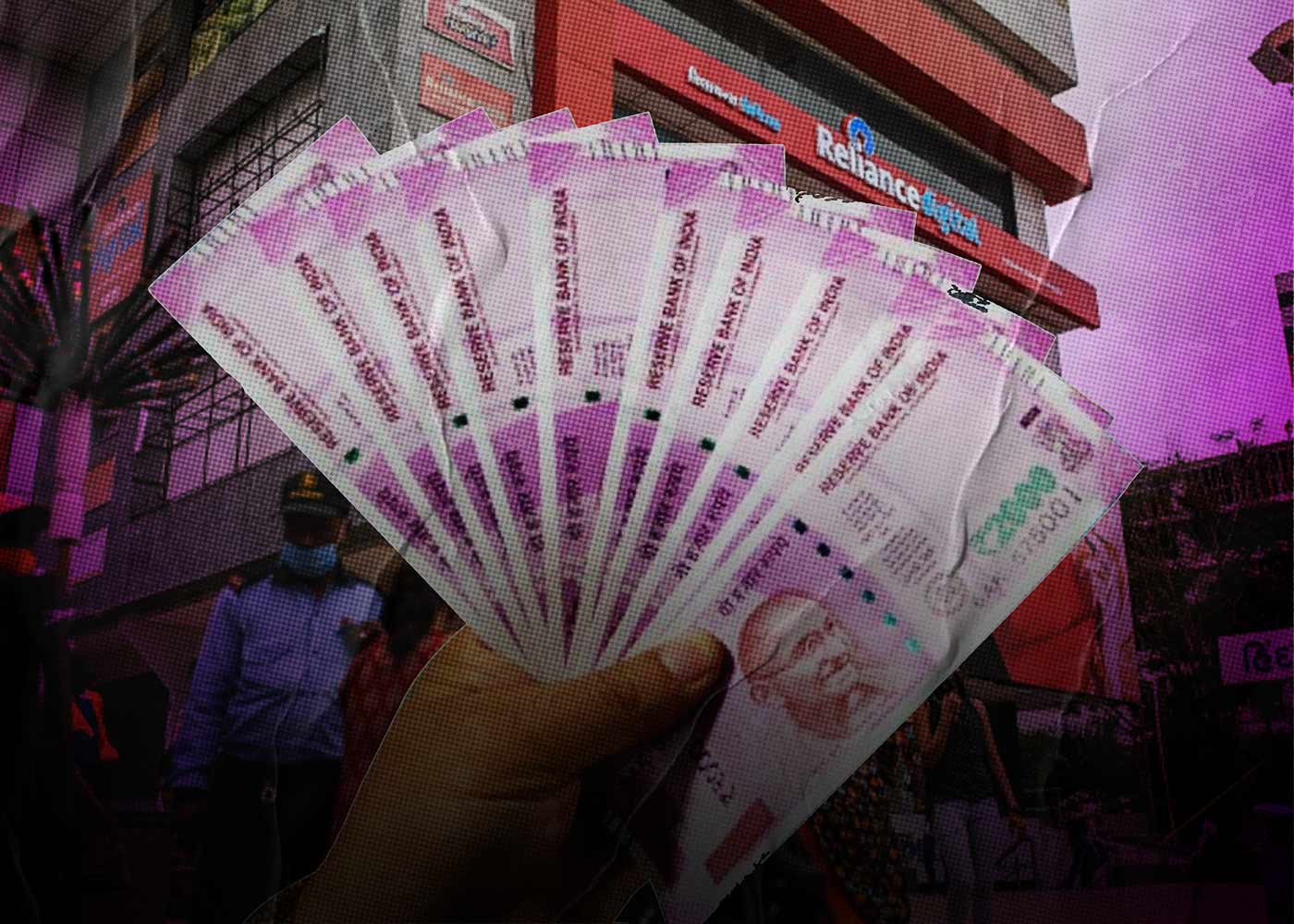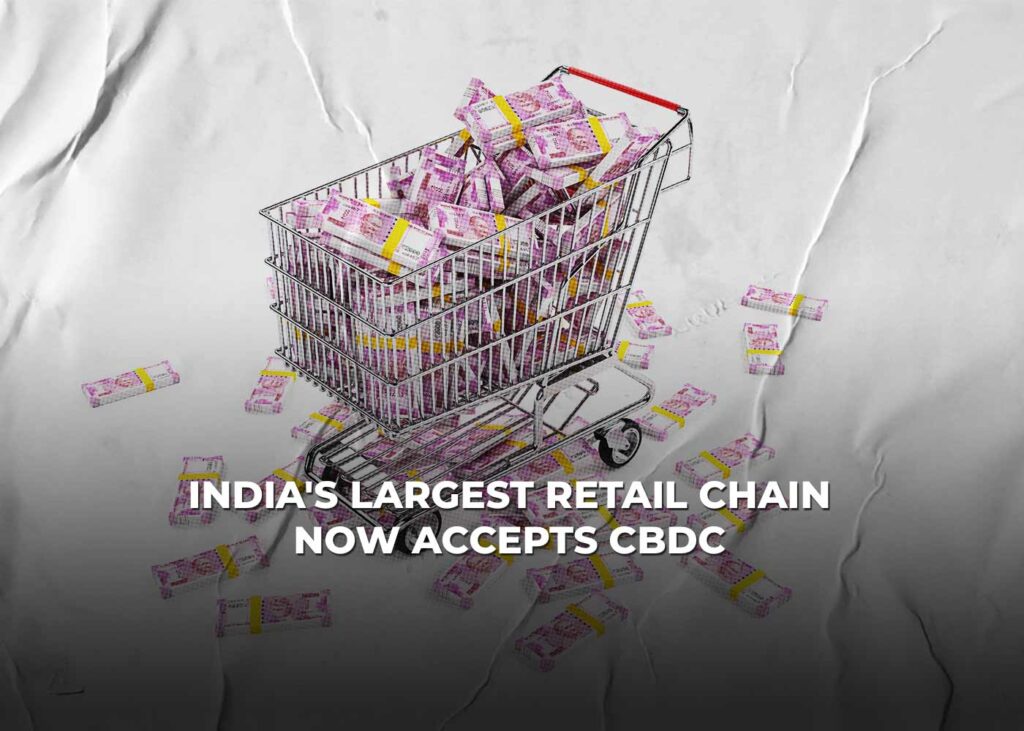
As more and more countries explore their own digital currency, central bank digital currencies (CBDCs) are gaining momentum. Today’s headlines show us that India is leading the charge, with Reliance Retail – one of the country’s largest retail chains – announcing its acceptance of CBDC payments in stores across the nation. This move signals a monumental shift toward a cashless society as we enter an era where digital money reigns supreme.
A Big Step for The Popularization Of The Use Of CBDCs
To promote the widespread utilization of the digital rupee in India, Reliance Retails has declared that it will broaden its acceptance of CBDCs as a payment method across all its platforms. As articulated by V Subramaniam, an executive at Reliance Retail, this move is consistent with their mission to deliver Indian customers “the power of choice.”
Subramaniam joyfully explained that the move enabled the company to provide various payment methods for Indian customers in its stores. To purchase any item, customers must scan a QR code provided with their digital rupee expenses. According to TechCrunch’s research, this CBDC enablement was accomplished through collaboration between ICICI Bank, Kotak Mahindra Bank, and fintech pioneer Innoviti Technologies.

India Has More Plans for CBDC
On October 7, the Reserve Bank of India (RBI) released a 51-page report outlining its plans for the Indian digital rupee. The central bank highlighted some key details regarding the currency’s development and issuance, making it clear that they are looking to expand its functionality beyond what it has already achieved.
The components being considered included trustworthiness, safety, liquidity, and settlement finality. The document indicated that the primary stimulus for developing a central bank digital currency (CBDC) in the country is to reduce operational costs associated with managing physical cash.
The plans for advancing this project include improving cross-border payments and settlements. Which can be beneficial for more remote areas without access to stable electricity or mobile network connections.
Our other content that will interest you: Chainalysis: “North Korean Hackers Stole Nearly $2 Billion In 2022”






